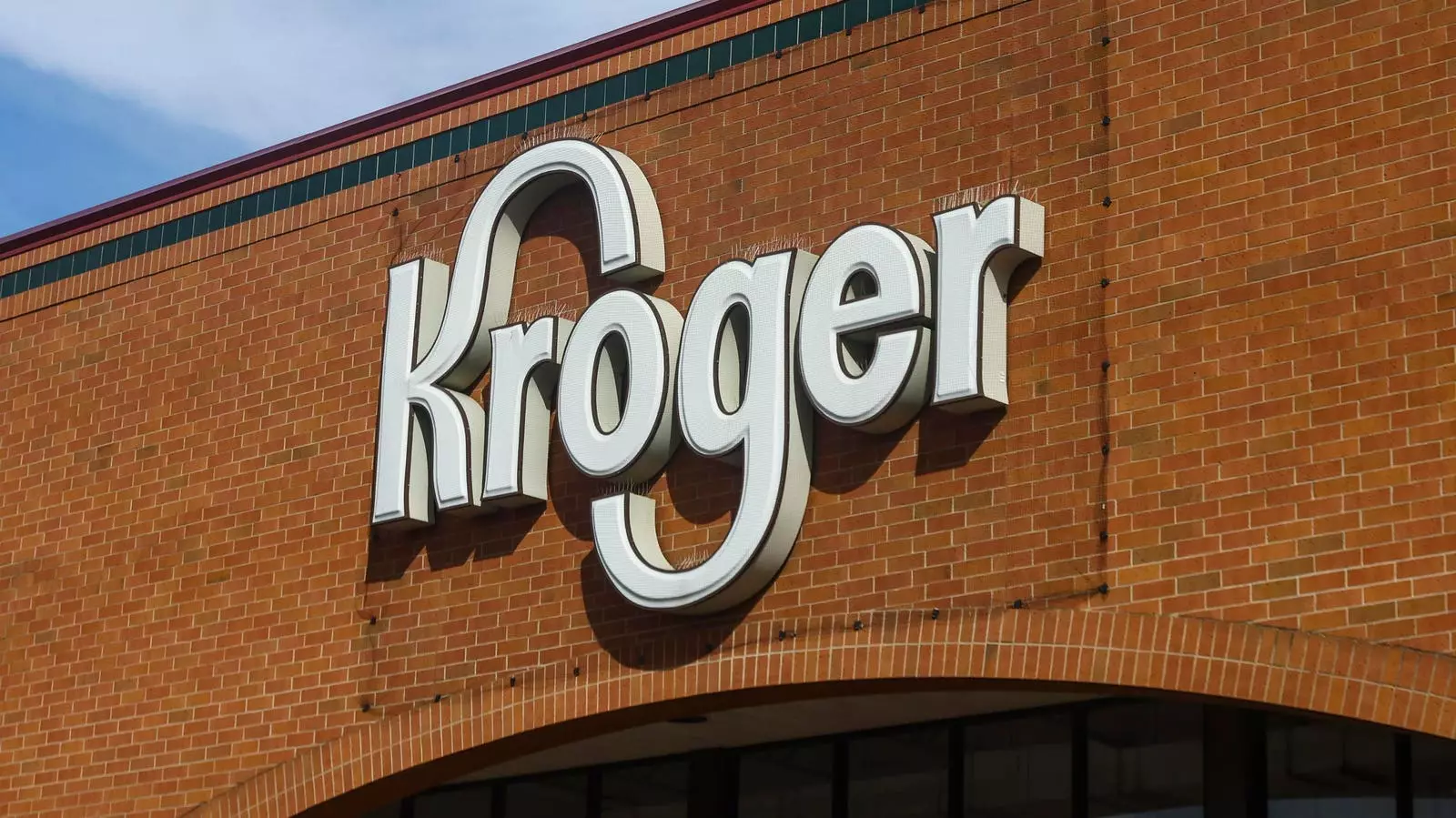In a significant upheaval for the grocery industry, the proposed merger between Kroger and Albertsons has fallen apart. This ambition, valued at a staggering $25 billion, aimed to unite the second- and third-largest supermarket chains in the United States. However, as two federal judges ruled against the merger, the grocery landscape is left shaken, much like a dramatic holiday movie plot from the Hallmark channel. Not only are consumers left in uncertainty, but the implications of this fallout echo throughout the industry, igniting fierce disputes and further complicating a challenging market.
The dissolution of the merger stemmed from critical judicial decisions. Both judges supported the Federal Trade Commission’s (FTC) efforts to prevent the merger, citing potential price hikes and access limitations to fresh food in numerous communities. The FTC’s intervention raises crucial questions about consumer welfare and accessibility within the grocery sector, issues that have plagued consumers for years. Critics argue that continued consolidation within the industry erodes competition, leading to higher prices and fewer choices for shoppers.
The courts have struck a significant blow to corporate aspirations, marking a pivotal moment in the ongoing battle against monopolistic practices. As a result, companies must now reconsider their strategies, focusing not merely on expansion through mergers but also on fostering competition and maintaining consumer trust. The ramifications of this perspective shift could have long-lasting effects on how grocery giants operate in the future.
In an unexpected turn of events, Albertsons rescinded its merger agreement with Kroger and proceeded to file a lawsuit against its former partner. The core of Albertsons’ claim rests on the assertion that Kroger failed to uphold its contractual duties. Allegations point to negligence in securing necessary regulatory approvals, leading Albertsons to argue that Kroger’s actions (or lack thereof) destabilized the merger process.
Kroger, on the other hand, has vehemently denied these accusations, labeling them as “baseless and without merit.” This public ostentation highlights an intricate web of blame and accountability, where both corporations jostle to assert their positions while trying to avoid public backlash. The legal tussle is emblematic of a broader corporate strategy that prioritizes public perception over genuine customer care, raising ethical concerns regarding their practices.
The Broader Context: Consumer Interests vs. Corporate Greed
The struggle between Kroger and Albertsons isn’t just a corporate drama; it’s a microcosm of larger industry concerns regarding consolidation, corporate responsibility, and consumer rights. The United Food and Commercial Workers union, representing over 11,000 Kroger employees, has called for the resignation of Kroger’s CEO, Rodney McMullen, following an eyebrow-raising move by the company. Just a day after the merger was scuttled, Kroger announced a monumental $7.5 billion stock buyback, a maneuver that has raised suspicions among workers and consumers alike.
This allocation of funds led to widespread criticism, particularly given that it surpasses the value Kroger committed to investing in price reductions and wage increases during the merger discussions. The timing of the buyback appears dubious; the company’s sudden pivot from aggressive expansion to stock market manipulation in quick succession raises questions about their commitment to social responsibility. The UFCW articulated concerns that the company seems more focused on appeasing shareholders than genuinely considering consumer welfare.
As the dust settles on this dramatic corporate upheaval, stakeholders from various corners of the grocery market must reflect on the implications of these events. With consumers becoming increasingly aware of the stakes involved in corporate mergers and the impact on their shopping experience, transparency and accountability will be more crucial than ever for grocery retailers.
This debacle serves as a reminder of the complexities inherent in corporate mergers and the essential role that regulatory agencies play in protecting consumer interests. The grocery industry must navigate this turbulent landscape, and those in positions of power must reconcile their strategies with the expectations of both consumers and employees alike. How corporations choose to move forward after this merger collapse will significantly impact their reputations, market positioning, and relationships with customers in the long run.
With the industry’s shifting dynamics, it will be crucial to monitor any subsequent legal developments or corporate responses. This story, still unfolding, showcases just how intertwined the fates of corporations and consumers are, and how critical accountability will be in shaping a more equitable future in the food retail sector.


Leave a Reply